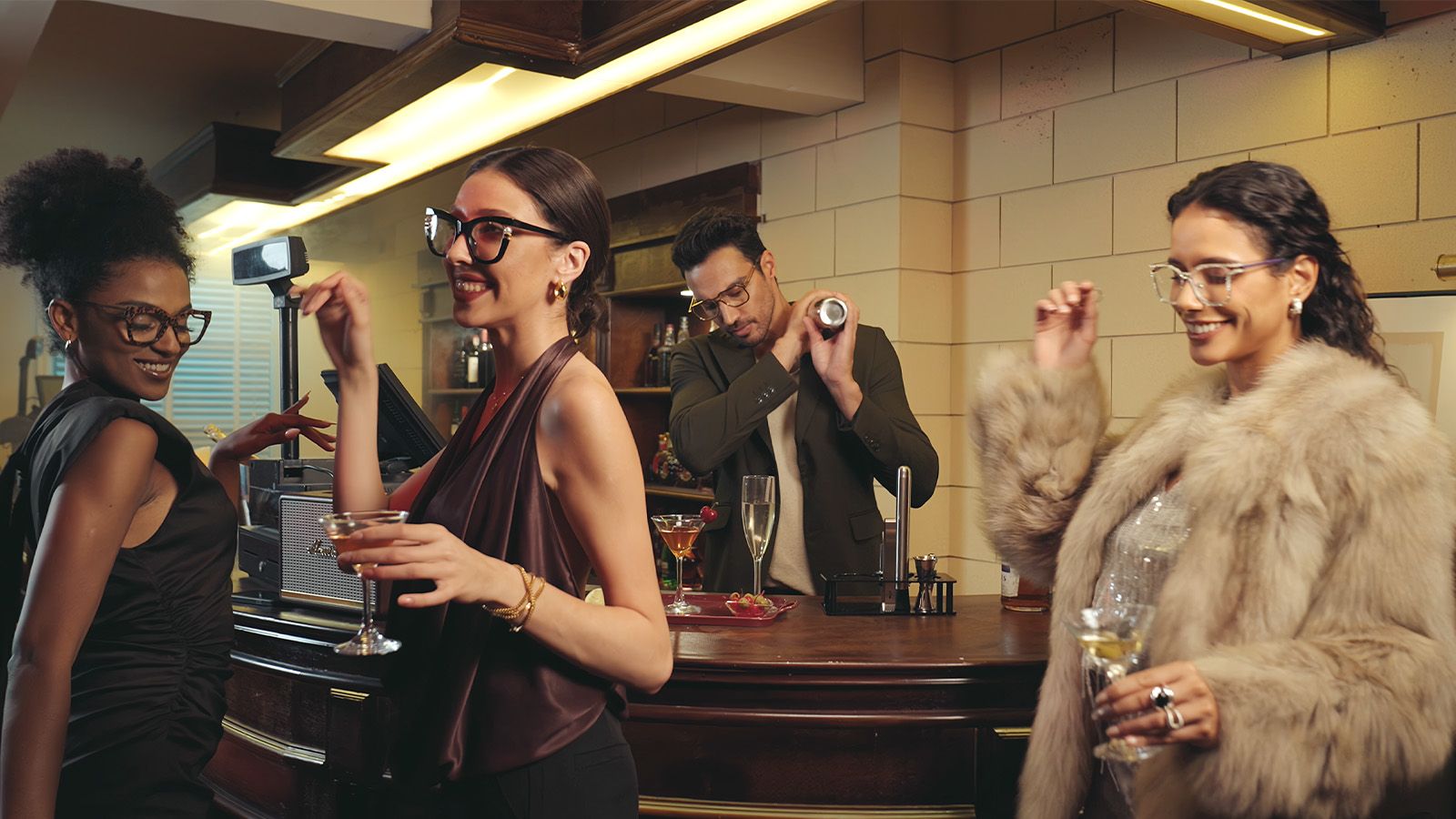You’re standing in a store, looking at sunglasses. One pair says “polarized.” You ask yourself, does that mean it protects my eyes from the sun?
Good question. The truth is that polarized sunglasses can block UV rays, but not always. It depends on how the lenses are made. Some sunglasses cut glare but don’t protect against UV. Others do both. And that makes a big difference for your eye health.
Thus, this blog will explain whether do polarized sunglasses block UV, their actual functionality, how UV protection works through them, the basis for choosing them, and their importance.
What Are Polarized Sunglasses?
Polarized lenses block bright light caused by reflections from flat surfaces like water, roads, and snow. This light can sometimes make it quite difficult to see and even cause some pain in the eyes.
The polarized lenses have a special feature that blocks the light, which makes glare and so everything becomes clearer and more comfortable while viewing.
They’re great for:
- Driving on sunny days
- Fishing or boating
- Skiing or snowboarding
- Walking or biking near water or glass
Less glare means less eye strain and better visibility with less squinting. But it is very important to understand that cutting glare does not mean it cuts out UV.

Do Polarized Sunglasses Block UV Rays?
Polarized lenses can be great, but they don't always protect your eyes against UV rays. Some do, but not all. The best way to know is to read the label carefully. Look for something that says:
- “UV400”
- “100% UV protection”
If you see either of those, you’re safe. The lenses act against both U.V.A. and U.V.B. rays and are capable of inflicting damage on the eyes. If the label doesn't mention UV, it's safe not to trust it.

Why is this so important? Because UV rays can cause:
- Eye sunburn
- Cataracts (cloudy spots in your eyes)
- Macular degeneration (vision loss over time)
And, yes, this can happen even on cloudy days. So, just because your shades cut glare, they are not protecting you entirely. Always check for UV protection, too.
How to Choose UV-Protective Polarized Sunglasses
There’s no pressure while thinking about picking any of the sunglasses. Just keep a few things on your mind.
- Check the label. Look for “UV400” or “100% UV protection.” If it doesn’t say anything about UV, skip it.
- Stick with trusted brands. Ray-Ban, Oakley, Maui Jim, and ZEELOOL all make good options. They’re known for quality and eye safety.
- Skip cheap sunglasses without UV protection info. They might look good, but if they don’t block UV rays, they’re not helping your eyes.
- Think about the lens.
Polycarbonate lenses are light and strong.
Glass lenses are clear but heavier.
Pick the one that feels best to wear.
- Lens color matters, too. Gray and brown are popular and help with outdoor lighting. Choose what feels best to you.
Want a pair that checks all the boxes? ZEELOOL offers polarized sunglasses that also protect your eyes from UV rays. They’ve got lots of styles to choose from, too.

Polarized vs. Non-Polarized: Which Is Better for UV Protection?
Let’s compare.
- Polarized sunglasses reduce glare. That makes them great for driving, water sports, and outdoor fun. Some also protect against UV. Just make sure the label says so.
- Non-polarized sunglasses can still block UV rays, but they won’t stop glare. They’re fine for everyday use or short trips outside.
So, which one should you choose? If you’re outside a lot, near water, snow, or shiny surfaces, choose polarized lenses with UV protection.
If you’re just walking around town or need basic sun coverage, non-polarized sunglasses with UV protection might be enough.
Remember, glare and UV are two different things. Your best bet is a pair that handles both.
Additional Benefits of Polarized Sunglasses
There is more love to be in the shade from a polarized sunglass than just glare protection.
They improve clarity, make colors pop, and reduce eye strain on bright days. They also reduce eye strain. With less strain, you will squint less, have fewer headaches, and enjoy a clearer view all day.
These sunglasses are great for things like:
- Boating
- Hiking
- Fishing
- Driving long hours
- Walking by the beach or lake
If you’re active or outdoors a lot, they’re a solid choice.
Conclusion
Let’s wrap it up. Polarized sunglasses reduce glare. UV protection blocks harmful rays. You want sunglasses that do both. Check the label for “UV400” or “100% UV protection.” Don’t guess; make sure. A very beautiful pair of polarized, UV-protective sunglasses protects, helps the eye-vision improve, and looks very trendy as well.
Looking for stylish, affordable protection? Check out ZEELOOL! Got questions or thoughts? Feel free to drop a comment or share this post with a friend.




















